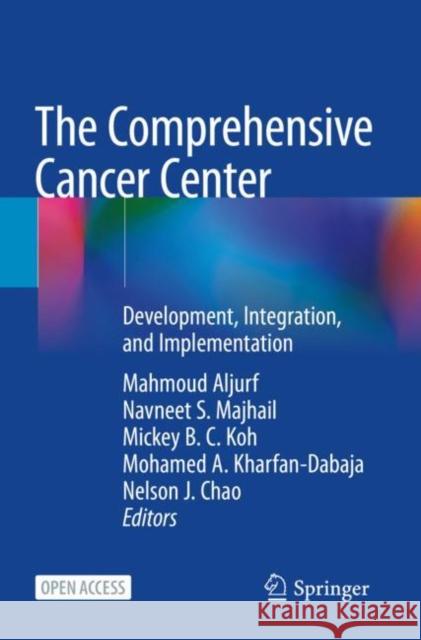The Comprehensive Cancer Center: Development, Integration, and Implementation » książka
topmenu
The Comprehensive Cancer Center: Development, Integration, and Implementation
ISBN-13: 9783030820541 / Angielski / Miękka / 2021 / 184 str.
The Comprehensive Cancer Center: Development, Integration, and Implementation
ISBN-13: 9783030820541 / Angielski / Miękka / 2021 / 184 str.
cena 161,36
(netto: 153,68 VAT: 5%)
Najniższa cena z 30 dni: 154,18
(netto: 153,68 VAT: 5%)
Najniższa cena z 30 dni: 154,18
Termin realizacji zamówienia:
ok. 16-18 dni roboczych.
ok. 16-18 dni roboczych.
Darmowa dostawa!
Kategorie BISAC:
Wydawca:
Springer
Język:
Angielski
ISBN-13:
9783030820541
Rok wydania:
2021
Wydanie:
2022
Ilość stron:
184
Oprawa:
Miękka
Wolumenów:
01











